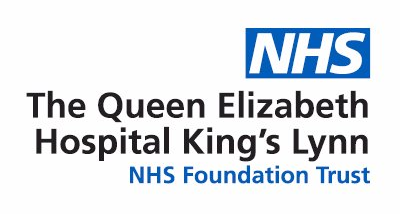Overseas patients
Who is an 'overseas patient'?
An overseas patient is someone who is not ordinarily a resident in the United Kingdom (UK) and does not permanently live in the UK. If you are visiting the UK, or have been living outside the UK for more than 3 months, you may have to pay for NHS hospital treatment whilst you are here. This is regardless of whether you are a British citizen or have lived or worked here in the past.
If you are on holiday or visiting the UK and the need for your treatment is urgent and cannot wait until you return home, your hospital care will be the same as for any NHS patient. The only difference is that some overseas visitors may be have to pay for their NHS hospital treatment, whilst for others there are agreements between international governments to cover the cost, and special arrangements apply for countries in the European Union.
What is the Trust policy on overseas patients?
The Department of Health Regulations requires all NHS Trusts in England, as a legal obligation, to identify and charge overseas patients for hospital treatment they receive.
Exemptions to Trust policy
If you can show that you have lived in the UK legally for the last 12 months or more, and have a right to do so, then you will be entitled to free NHS hospital treatment.
Examples of acceptable proof of residence are a housing contract, utility bills and bank statements.
Examples of acceptable proof of right of residence are a valid passport and entry clearance documents such as valid visa, valid to enter/remain stamp.
What will happen when I arrive at hospital?
Upon arrival at hospital you will be asked to confirm how long you have lived in the UK.
If you have not, or cannot prove you have, lived in the UK for the last 12 months you will be interviewed by an Overseas Officer and any of your questions can be answered. You will be asked to sign and complete an attendance form, which confirms your details, home address and provide a copy of your passport/visa.
This information is held by us and the Department of Health to ensure the NHS resources are utilised appropriately and maintain agreements with international governments to cover the cost of treatment.
You may be required to pay for your treatment and the Overseas Officer will be able to advise you on this. If you are liable to pay then the cost of your treatment will be explained and you will be asked to pay before you receive your treatment. If the complete cost of the treatment is not known at this point you will be given a guide price and you will then be entitled for a refund if this is more than the actual cost of your treatment.
What will I have to do?
If you believe you are liable to pay please ensure you bring payment with you. The Trust accepts the following forms of payment:
- Cash
- Cheque
- Credit/Debit Card
No Time Limit application: Stakeholder information for legacy immigration document holders
Pre-attendance form
Contact details
If you have any questions you should telephone the Overseas Visitors Manager on 01553 613486.
You can also find further information at the Department of Health overseas visitors pages.

